Dissemination manager, Researcher at Knowledge Discovery group and PhD student
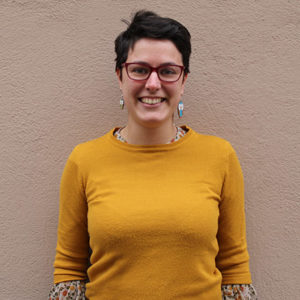
Staša coordinates the BioSense Accelerator and works on Horizon2020 projects that offer cascade funding to starups and SMEs working in the field of agriculture and technology. As part of the DRAGON project, she works on connecting young researchers with the startup ecosystem, as well as on building their entrepreneurial and innovative thinking.
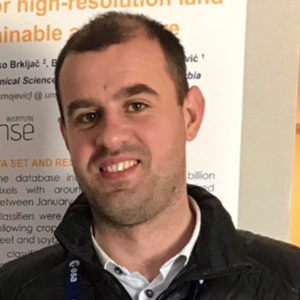
is a researcher at BioSense Institute. He graduated from the Faculty of Technical Sciences, University of Novi Sad, Department of Power, Electronic and Telecommunication Engineering. He is currently in the final year of his PhD studies at the Faculty of Technical Sciences. He has been working in the fields of GIS and remote sensing data.
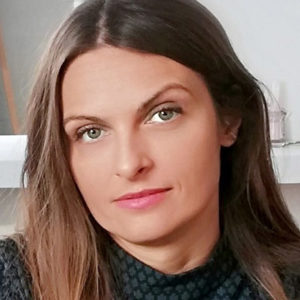
DRAGON Innovation manager and WP5 leader; Research Fellow at BioSense Institute – Head of Knowledge Discovery group
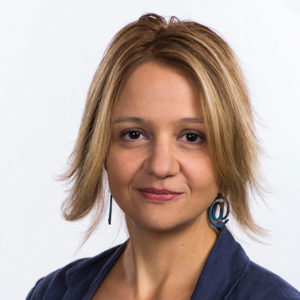
DRAGON Coordinator; Research Fellow and Senior Scientific Consultant in BioSense Institute
Vojislav D. Simonovic, Assistant Professor in the University of Belgrade, Faculty of Mechanical Engineering – Department of Agriculture Engineering & Chief of APS LAB: Agriculture Precision Solutions Laboratory. His work has been published in many international peer-reviewed journals and conference proceedings. Lectures in area of precision farming over Europe as Italy, Malta, Slovakia etc. Simonovic’s basic field of teaching, scientific research and commercial activities within the laboratory is satellite guidance of agricultural machines and engineering of site-specific precision farming production with variable rate application. His specialty in area of precision farming is yield monitoring and crop scouting.
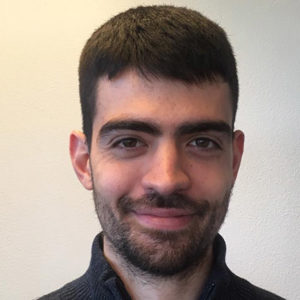
PhD student at Wageningen University & Research Studied Electrical and Computer engineering at Democritus University of Thrace. Interested in machine learning and precision agricul-ture.
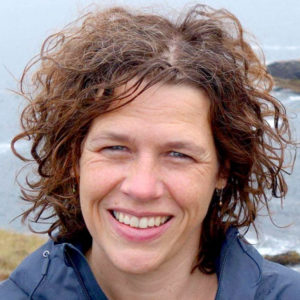
is assistant professor, participates in the Complex Adaptive Systems theme of WU. She is member of SiLiCo Centre Wageningen, a virtual centre that acts as a portal to Wageningen University’s expertise on modelling complex systems through agent-based simulations
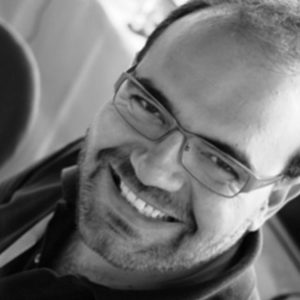
(Dipl.Eng, PhD in Electr. & Comp. Eng.) is Assistant Professor with the Information Technology Group at WU – DRAGON Contact person for WU
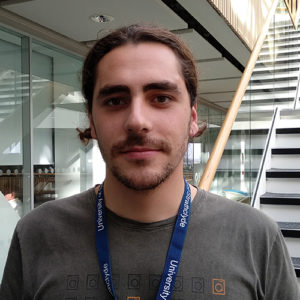
Anastasios Stamoulakatos is a PhD student at the University of Strathclyde in the Electronic and Electrical Engineering department. His main area of research is computer vision applications using deep learning. His research interests are machine/deep learning, computer vision, signal processing and bioinformatics. Before joining Strathclyde, he obtained his MEng in Electrical engineering and Computer Science from the National Technical University of Athens.
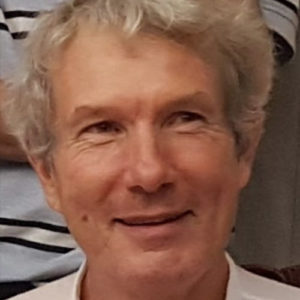
Frédéric Baret received a PhD in the use of remote sensing for crop monitoring in 1986. He is currently research Director at INRA, leading the CAPTE team (umt-capte.fr) and invited professor at Nanjing Agricultural University. He coordinated several National and European projects. He is involved in the development of radiative transfer models at several scales (soil, leaf, canopy) and their use for the retrieval of vegetation biophysical variables. He developed retrieval algorithms (CYCLOPES, GEOV1, GEOV2, GEOV3) from satellite and airborne sensors as well as close range remote sensing. He is deeply involved in the validation of remote sensing products and chaired the CEOS/LPV working group. He recently expanded his activity on high throughput phenotyping with the development of measurement systems as well as interpretation methods. He is in charge of the development of phenotyping methods in field conditions within the French Plant Phenotyping Network (PHENOME www.phenome-emphasis.fr) project. This includes the application of IoTs (sensors on fixed positions), phenomobiles (fully automatic robot rover) as well as the development of drone observations. He authored more than 250 research papers widely cited (h=59 from WoK).
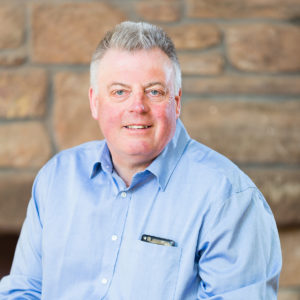
SoilEssentials Ltd. He has been running the family farm at Hilton of Fern in Angus, Scotland since the early eighties. A typical Scottish arable farm, it has hugely variable land, both in terms of soil type and topography. In 1996 he began collating data collected from a variety of sensors and input sources which helped quantify in field spatial variability in both map and economic terms. This information, when demonstrated to local farmers was the starting point for a long journey into the world of Precision Agriculture.
SoilEssentials was set up in 2000 with three business partners, two farmers and an agronomist, who were equally interested in creating useful, meaningful, practical and ultimately user-friendly hardware and software based on sound agronomy practices.
Over the years, he has been an invited speaker at many conferences and congresses including: ECPA Greece, precision farming workshops and conferences at Massey University NZ and University of Sydney, The American Society of Agronomy 103rd Congress in San Antonio Texas and the Sino UK Workshop on Geospatial Technologies for Precision Agriculture held in Qingdao, China.
His passion for finding user-friendly, practical applications for Precision Agriculture Technology is what drives him. Maintaining an active role in the farm allows him to test first-hand any new developments.
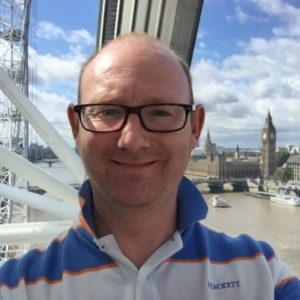
Dr Robert Atkinson: Robert’s research interests include the extraction of meaning from data (machine learning, analytics, big data, etc.), autonomic control mechanisms, distributed computation, secure networking and ICT.
His focus is on strong industrial collaboration aimed at delivering impactful solutions to innovation partners with projects of total value in excess of £4.2M.
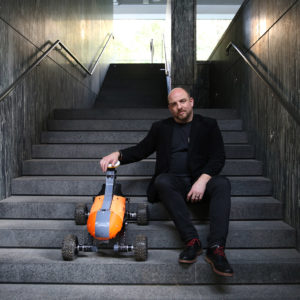
Ben Scott-Robinson is an accomplished digital entrepreneur focused on geospatial and mobility technologies. Ben co-founded the Small Robot Company in 2017 which endeavours to replace tractors with accurate, smart, lightweight robots. With 20 years experience in digital innovation, including the digital transformation of Ordnance Survey, Ben is also an experienced technology entrepreneur having founded two agencies, two consultancies, an app start-up and a phone for the blind.
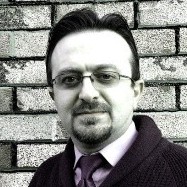
Dr Shamal Mohammed is a leading expert in digital agriculture with a strong passion for transforming the industry by developing novel and practical solutions, using smart technologies, to help farmers and producers optimise food production and minimise adverse environmental impacts.
Shamal worked for Origin Enterprise PLC, AHDB and, more recently, Agrii where he was a Head of Integrated Crop Technology and later Regional Manager for soil, nutrition and precision agriculture. Currently, being based in Cranfield, Shamal works with Agri-EPI partners to lead the journey to innovate technology in the agriculture sector by providing farmers and producers with a wide range of scientifically robust and commercially viable capabilities.
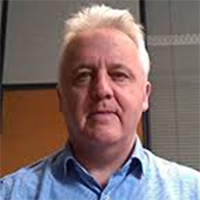
Prof Craig Michie: Craig’s current research interests focus on wireless sensor systems and condition monitoring with a focus on Internet of Things technologies. He was co-founder of Silent Herdsman Ltd, a spin out company providing wirelessly enabled decision support tools within the dairy farming sector. The company has recently been acquired by Afimilk providing greater international reach for the product.
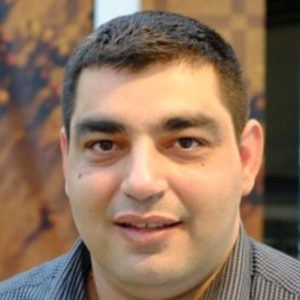
Dr Christos Tachtatzis is a newly appointed lecturer at the University of Strathclyde and holds a prestigious Chancellor’s Fellowship. He is involved in a number of research projects for the development of end-to-end IoT solutions from physical devices, wireless communication, data acquisition, data analysis and interpretation. Before joining Strathlcyde, he worked in the Wireless Sensors Applied Research Lab (WiSAR) in Letterkenny, Ireland where he developed devices and protocols for Wireless Body Areas Networks and involved in the IEEE 802.15.6 standardisation. He has published over 50 journal and conferences papers and has secured funding in excess of £2M.
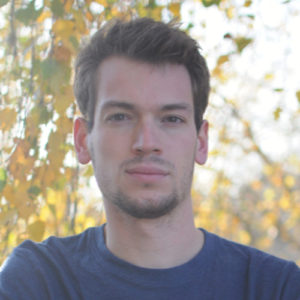
Damien Jacques is a freelance consultant in data innovation for development. He has led projects across the globe requiring (i) designing and implementing algorithms to extract key insights from large unstructured data, (ii) develop strategies to leverage the entire data value chain of companies and development agencies; and (iii) successfully scale up data solutions in complex and multi-stakeholder ecosystem. He has established a strong academic track record through several projects in Data Science and AI for social good (including projects in food security, poverty and agricultural economics). His projects involved the use of mobile phone data and satellite images and GIS, machine learning and geostatistics analyses in Central America and Africa. Damien worked for Dalberg Data Insights, the Inter-American Bank of Development, the University of California, Los Angeles, the Université Libre de Bruxelles, and the Université Catholique de Louvain. He was awarded the Agriculture prize in the Data For Development (D4D) challenge organized by Orange, MIT, and the UN. Damien holds a Ph.D. in Bioengineering and Agronomy from the Université catholique de Louvain.
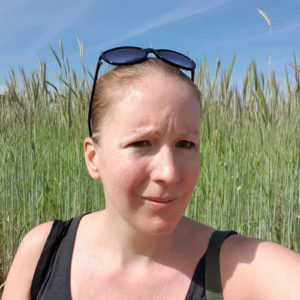
Emilia is MSc in Ecology in University of Helsinki (FI). She acquires her PhD degree in Leiden University (NL), topic was: Effects of genetically modified crops on soil fungal communities.
Since then worked at NIOO and briefly in a company called SoilCares on two EU projects (EcoFinders and SoilCare), working on relationship between soil biodiversity and functions, across Europe.
Currently working as a researcher at NIOO with funding from Maj and Tor Nessling foundation investigating the relationship between soil diversity, agricultural practices and carbon sequestration potential of the soils.
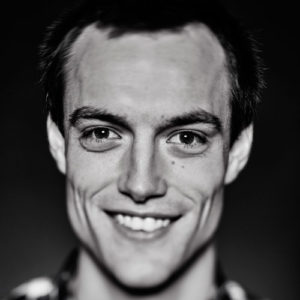
Kristof Van Tricht attained his Master’s degree by investigating the use of space-based hyperspectral images for the detection of invasive tree species. He followed it up with a PhD in Sciences (Geography), studying regional climates with a focus on the use of CloudSat radar and CALIPSO lidar satellite observations to quantify the impact of clouds on the Greenland ice sheet.
LOOKING DOWN ON EARTH, KNOWING THAT REMOTE SENSING HELPS FACE WORLDWIDE CHALLENGES, IS THE ULTIMATE MOTIVATION.
Kristof then joined the VITO Remote Sensing Agricultural Applications team in 2016, using remote sensing technologies for the mapping and monitoring of agriculture on local to global scales.
He synergises optical and radar (SAR) remote sensing using deep learning to improve crop monitoring from space, focusing on observations obscured by clouds. The framework of the research ranges from local Belgian agriculture studies, to projects supporting African farming practices, and the provision of more industry-oriented information.
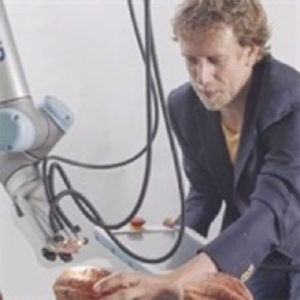
Dr. Gert Kootstra (M) is Assistant Professor in computer vision and robotics. He received his PhD in artificial intelligence from the University of Groningen in 2010. He worked on the topic of machine vision for robotic manipulation at the Royal Institute of Technology (KTH) in Stockholm from 2009-2012. At Wageningen Research, Gert started working on the application of machine vision and robotics in food production and agriculture in close collaboration with industry. In 2017, he started his current position at Wageningen University. During his career, Gert worked on projects on core-robotic technologies, such as the FP7 project eSMSc and the Swedish RoSy project, as well as on applied projects in agri-food, such as the FP7 project PicknPack, the Echord++ SAGA experiment and many national Dutch projects and programs, notably the FlexCRAFT program started in 2019. His work has been published in many international peer-reviewed journals and conference proceedings. Gert currently co-supervises 10 PhD students and 4 postdocs all working on the development of machine-vision and robotic technologies with application in the agri-food sector.
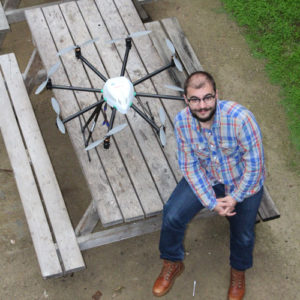
Dr. João Valente he is currently University Lecturer and Researcher in the Information Technology Group (INF) from the Wageningen University & Research (WUR). He received is MSc degree in computer sciences from New University of Lisbon in 2008, and MSc and PhD in Robotics and Automation, from the Polytechnic University of Madrid (UPM) in 2011 and 2014. From 2015-2017 he was assistant professor at the Carlos III University of Madrid and from 2017 to 2019 he was Postdoc in WUR. He has been working with UAVs and field robotics for more than 10 years. His research focus in developing intelligent flying machines that smell and see for solving agri-food and ecology management problems, while bridging the gap between UAV’s (aka. Drones) and people. For achieving this end João combines market available off-the-shelf UAVs and consumer electronics sensors with machine learning and artificial intelligence approaches. He is author of more than 40 journals and conferences papers in this topic.
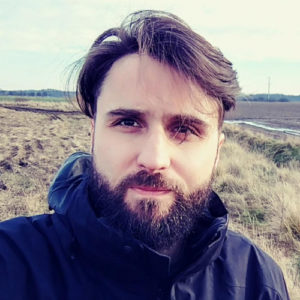
I’m a plant systems biologist interested in transcriptional regulation of stress responses, regulation of primary and specialized metabolism, and genomics of metabolic traits. My toolbox includes multivariate statistics, graph theory, metabolic control analysis, genome wide association mapping and mathematical modeling of metabolic processes. In my group we combine computational approaches and mass spectrometry-based chemical analytics to study metabolic and quality traits of crop plants.

